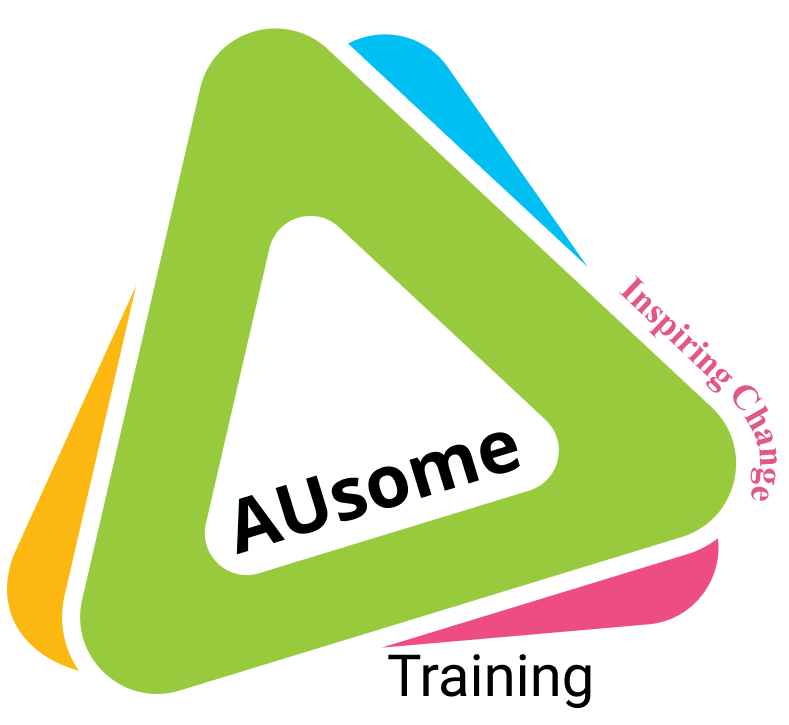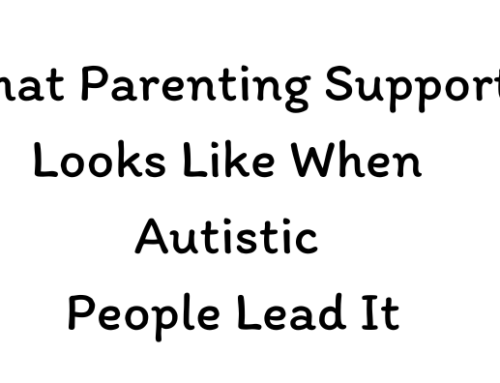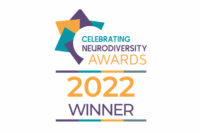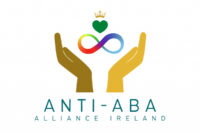What are ABA alternatives when it comes to teaching social skills to Autistic children? Well here are 3 ways we can assist our kids in social interactions without using any ABA.
What makes social interactions hard for Autistic children ?
First we need to explore the reasons behind these social difficulties. Sure, it’s been claimed that Autistic children don’t know how to behave in social situations but that simply isn’t true. Autistic people have our own social communication. It is not deficient or damaged or something that our neurology has issues with. There are lots of reasons why we have difficulties with social interactions but here I will concentrate on three main areas.
- Previous experiences where we have been judged, called cheeky, or rude and so on.
- How we feel about ourselves : When we sense that others think we’re weird or less then that can lead to Autistic children lacking confidence.
- Our differences in communication can lead to misunderstandings on both sides. We can misinterpret non-autistic communication and they can misinterpret us.
How do we as parents assist with these issues?
1. In my own experience and opinion I think previous experiences can impact us more than the differences we have. It usually comes from when others didn’t understand us or didn’t presume competence. If we are made to feel bad about ourselves we can begin to question ourselves, who we are , what we feel and sometimes we can even begin to think that we are bad people. We can also mask our confusion, our real responses and how we feel in an effort to please others. ABA only encourages children to do more of this and does nothing to alleviate the underlying feelings of worthlessness. Looking for ABA alternatives for social skills is one of the best things you can do for your child.
Working through previous experiences and helping your child to see that it isn’t all their fault is a really important step in helping your child to find confidence. Help them to find ways to forgive themselves and others. We can feel deep shame because of repeated bad experiences where we took something literally, spoke our minds or had an emotional response that others did not fully understand.
Becoming overwhelmed in social situations can be a very common experience for us. Your child may not only be reacting to what is happening right now but also to previous unpleasant things that happened to them.
The only way to work through this is to find a way to stop blaming ourselves for everything! This can take time and effort and a lot of understanding. This is why ABA is not a good solution for social skills as it only trains Autistic children to mimic or to perform without any understanding of social interactions from their perspective.
2. Lacking Confidence. Well… it’s pretty hard to feel confident when you’re being bullied, or mocked or judged or when you just know everyone thinks you’re weird. Unfortunately your child’s feelings are not really taken into account with ABA so that’s why many parents search for ABA alternatives for social skills.
I’d challenge the best communicators to be able to interact successfully while feeling unwelcome or ridiculed. Let’s say you’re trying to make a point with everyone sniggering and whispering about you. How good a communicator would they be then? Looking for ABA alternatives for social skills will lead you to understanding that social skills are a two way thing and your child will respond to the way that they are treated and respected or disrespected.
Communication skills work both ways, we have to feel LISTENED to! ABA promoters often talk about Autistic social skills without ever evaluating their own. How we interact with someone starts with how we think about them and good communication and relationships aren’t built on one party thinking the other is defective or less than them. Unfortunately that’s how Autistic children are often viewed. They are often seen as less than their peers. Or not as good as their peers.
Teaching your child about non-autistic communication can help them to interpret others and situations. It can help them to feel more confident about their interactions and less confused. You do not need ABA to teach your child this. Teaching them about other people’s ignorance and discrimination will also help to frame the discussion to let them know there is nothing wrong with how they communicate.
Giving Autistic kids strong Autistic role models, introducing them to Autistic Pride and letting them know they are not alone is a huge part of accepting themselves. They need to feel they belong and to feel good about themselves. A positive sense of self is the only real protection we have in this world. ABA does not teach children any of this which is why it’s important to employ ABA alternatives for social skills and to move away from harmful ideas about Autistic children.
3. Our differences in communication can lead to confusion, judgement and more…
Support your child to advocate for themselves. Help them to explain our way of communicating. This can mean that others understand us better.
This may be something as simple as expanding on why they don’t or CAN’T do eye contact rather than saying “I don’t like it”. Support them to add “because”. When we do this we get a range of ideas like because it’s intrusive or painful. ABA alternatives for social skills are important because ABA does not teach your child self advocacy skills.
Teaching children to self advocate not only can help them to get their needs met but it also can change how others respond to them. Of course the ability to self advocate is based on the other two topics I’ve mentioned here. It’s difficult to self advocate when they feel bad about themselves. It’s also difficult when they feel bad about how others have responded to them in the past. They need to be supported to work through this. ABA just blames them for all go these encounters so it is really damaging.
So three things that we can do to help our children with social interactions are:
- work through any bad feelings about past interactions. This may take some time depending on the kid, whether they’ve been through bullying etc.
- building confidence by fostering a sense of pride in who they are, explaining non-autistic communication as another way of communicating, not a BETTER way!
- And teaching them about their own communication so that they not only understand it better but can also explain it to others.
It’s good that you’re exploring ABA alternatives for social skills and I’d encourage you to explore alternatives to ABA in other areas also because ABA is damaging and has absolutely no understanding of Autistic children.




